- December 24, 2021
- Posted by:
- Category: Sober living
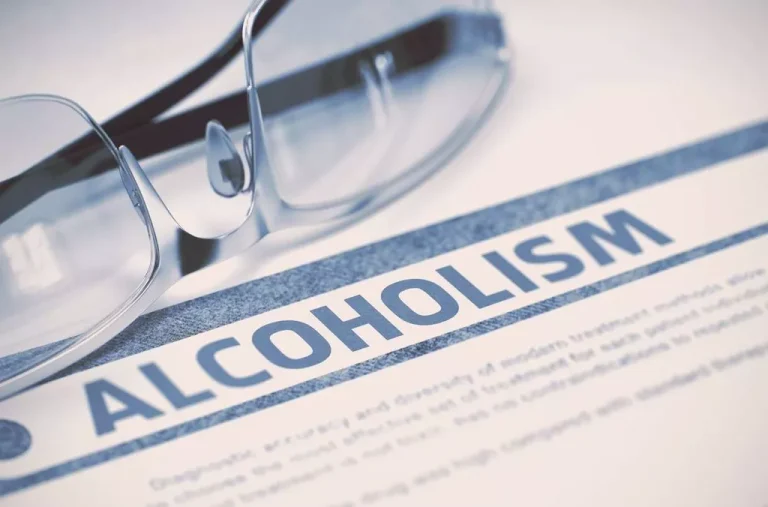
In general, the first days of treatment are focused on medical supervision and comfort. The following weeks involve intensivetherapy and around-the-clock programming. The frequency and intensity of therapy decreases as a person progresses throughthe phases of treatment. Studies with follow-up periods of up to two years consistently link longer treatment durations and participation in a structured program to positive results.
What to Expect in Long-Term Treatment
These four stages of treatment can help people with alcohol use disorders learn about the benefits of recovery, find the motivation to change their behavior, and learn new skills that will help them succeed in the long term. Challenges at this stage of treatment include cravings, social pressure to drink, and high-risk situations that can trigger alcohol consumption. It is during this early abstinence stage that your trained addiction counselor will begin to teach you the coping skills that you need to lead a sober lifestyle. The tools that you learn to use now will help you throughout your recovery.
How Long Does Inpatient Rehab Last?
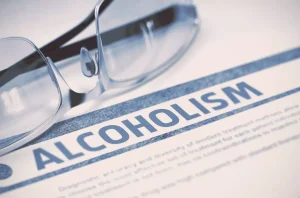
Adults accused of minor, drug-use related crimes are eligible for tailored treatment, counseling, peer support and recovery services in lieu of arrest or prosecution. Barriers to accessing drug treatment may worsen negative health outcomes and further exacerbate health inequalities in the United States. Stigmatization of drug use, the War on Drugs and criminalization, and the social determinants of health should all be considered when discussing access to drug treatment and potential barriers. Most facilities provide one or two individual therapy sessions during the week.
- 30-day treatment programs are best for individuals who’ve experienced less than ten years of addiction.
- As previously mentioned, your length of time in treatment depends on your individual needs.
What Is Long-Term Inpatient Rehab?
Their representatives will discuss whether their facility may be an option for you. Calls to numbers on a specific treatment center listing will be routed to that treatment center. Calls to any general helpline will be recieved by Beam Management, a paid advertiser. Peer support within rehab can be quite helpful to someone who has once had the same struggles. Other programs employ peer support groups, such as Alcoholics Anonymous (AA) or Narcotics Anonymous (NA), which provide support, surveillance, and a community.
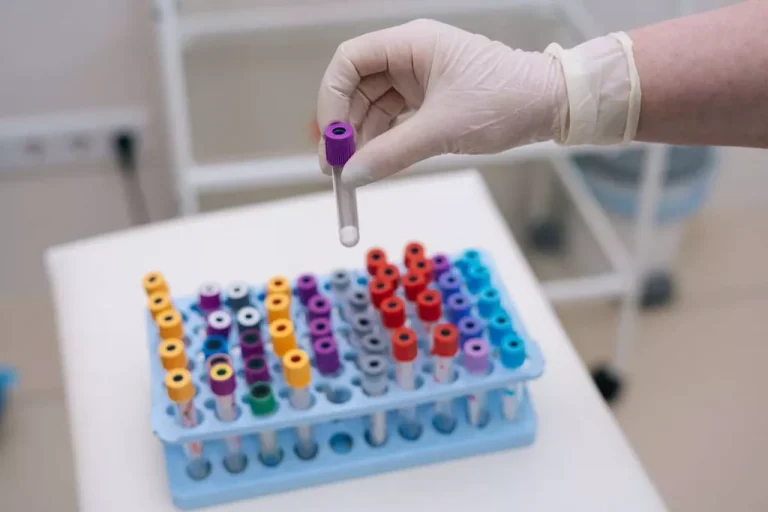
You deserve high-quality treatment and a fulfilling life in recovery.
- With time and space away from their environment, they can make long-lasting lifestyle changes.
- Medication, individual treatment, counseling for families, and social therapy are often used in conjunction with one another while the precise mix depends on the unique circumstances and requirements of each client.
- Follow-up care can include periodic appointments with your counselor, continuing in a self-help program or attending a regular group session.
- One of these factors includes the specific programs offered at a given facility, which can impact the length of someone’s stay.
- Most people are either intoxicated or in withdrawal when they enter rehab.
As previously mentioned, your length of time in treatment depends on your individual needs. Long-term residential treatment centers provide patients with more time to integrate and digest what they’ve learned in treatment, which is often correlated with long-term, sustained recovery. how long is drug rehab In fact, according to NIDA, research has shown that inpatient and outpatient rehab programs that are under 90 days are less effective than long-term rehab in maintaining positive outcomes.
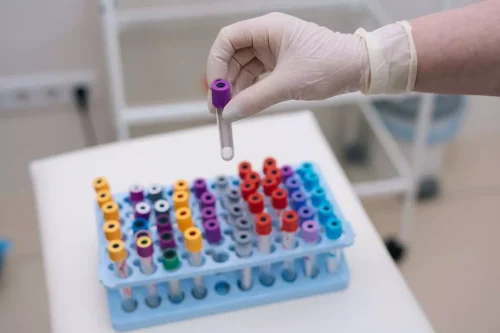
Addiction is most challenging when it comes to chronic addicts who need long recovery to meet their needs. Patients who get involved in these programs are taught how to quit substances with the help of medical personnel. Achieving and maintaining sobriety is easier for some than it is for others. Others may need to be proactive for months, years or the rest of their lives to prevent relapse. In cases of dual diagnosis, all co-occurring issues must be treated simultaneously. Because of this, it’s important to have a treatment team that understands all the factors in play.
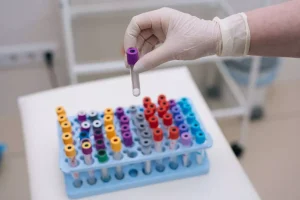
Leave a Reply
You must be logged in to post a comment.
